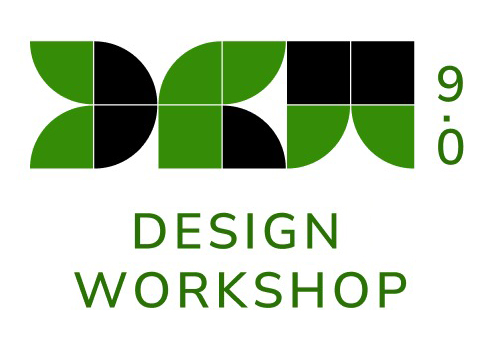
About DeW 9.0
The 9th annual Flagship event of IIITDM Jabalpur, Design Workshop (DeW 9.0), will be organised by the Institute in collaboration with the Ministry of Foreign Affairs (MOFA), Japan during Monday to Wednesday, 7 – 9 October 2024. The primary focus of this year’s DeW 9.0 is Augmented Human. The subtheme of Dew 9.0 is Augmented Healthcare. The agenda is to augment human capabilities through design and technological intervention. This includes physical, cognitive, or sensory enhancements enabled by advanced design and technology. The workshop aims to bring together people from industry, startups, product developers, research and academics, to share their expertise and technical know-how on the challenges and implementation of tools, products and devices to augment human capabilities.
The workshop will emphasize discussions and deliberations on the concepts related to wearable devices, implantable technologies, and advanced hard and soft products to improve various human functions. All sessions would be complemented by practical demonstrations and discussions, where the participants would get a chance to get a firsthand experience of different technologies and products that have evolved to augment human capabilities. These technologies specifically help the waning faculties of people with special needs and physically challenged people, to overcome the losses that occur due to accidents, etc. For instance, physical augmentations could include exoskeletons to enhance strength and endurance, while cognitive augmentations might involve neural interfaces that boost memory or cognitive processing speed. Sensory enhancements may involve augmented reality (AR) systems to facilitate additional information or sensory inputs, enhancing the perception of the environment to the users. The goal of such augmentations is to push human potential beyond natural limitations, improving quality of life, productivity, and overall human capabilities. However, ethical considerations, privacy concerns, and potential societal impacts are critical aspects that must be addressed as this technology continues to develop.
Eminent experts from Japan and India, including product developers, researchers/scientists/designers and medical practitioners will share their expertise and knowledge and provide hands-on experience to the participants of the workshop. Participants attending this workshop would get first-hand experience and confidence in handling the latest designs and technologies that will help augment human capabilities and apply them in their respective professions.
Each participant would be awarded a certificate of completion after they attend all the workshop sessions and participate and complete all the hands-on exercises assigned to them. The certificate would be a testimony of their newly acquired skill at DeW 9.0.
About PDPM IIITDM Jabalpur
PDPM IIITDM Jabalpur, an Institute of National Importance, established by the Government of India in 2005, focuses on IT-enabled Design and Manufacturing. Since its inception, PDPM IIITDM Jabalpur has been playing a vital role in producing quality human resources for contribution to India’s mission of inclusive and sustainable growth through education and research. The Institute offers undergraduate, postgraduate, and PhD programs in Computer Science and Engineering, Design, Electronics and Communication Engineering, Mechanical Engineering, and Smart Manufacturing, Masters program in Mechatronics, along with PhD programmes in Mathematics, Physics, and English.
The Institute has an abode in 250 acres of rich lush greenery in Dumna Jabalpur. It is 5.5 km from Dumna Airport and 10 km from the main railway station. To learn more about the Institute please visit.
